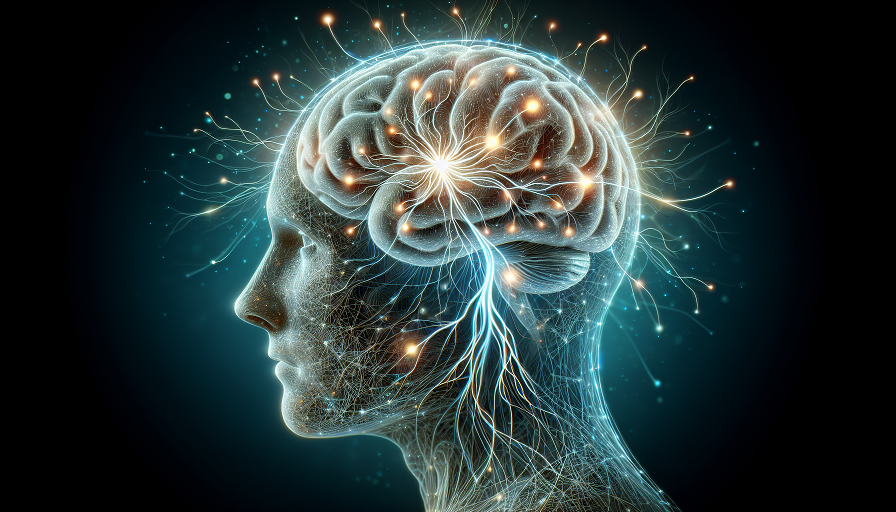
Music isn’t just entertainment; it’s a powerful tool that can shape how your brain functions. Whether it’s a classical symphony or an upbeat pop track, music has the ability to influence mood, focus, and memory. In recent years, music therapy has gained recognition for its potential to enhance cognitive processing, offering benefits for people of all ages. By examining its impact on the brain and diving into the research, we can better understand how music can support learning, memory, and overall mental clarity.
The Neurological Effects of Listening to Music
When you listen to music, your brain lights up like a Christmas tree. Multiple regions work together to process rhythm, melody, and harmony, making music a full-brain workout. The auditory cortex handles the basics—pitch and volume—while other areas, like the prefrontal cortex and hippocampus, step in to manage attention and memory.
One of music’s key effects is its ability to increase dopamine levels. Dopamine is the “feel-good” neurotransmitter that plays a crucial role in motivation and reward. When your brain releases dopamine in response to a favorite tune, it boosts your mood and primes your mind for learning. Essentially, music sets the stage for better focus and engagement.
Another way music enhances cognitive processing is by improving neuroplasticity—the brain’s ability to form and reorganize connections. Studies show that regularly engaging with music, whether by listening or playing an instrument, strengthens these neural networks. This effect is especially pronounced in regions responsible for attention, memory, and problem-solving, giving your brain more tools to process information effectively.
Music also reduces stress by lowering cortisol levels. Chronic stress can impair cognitive functions like focus and memory, but music helps counteract this by activating the parasympathetic nervous system, which promotes relaxation. Even a few minutes of calming music can create a mental reset, making it easier to tackle complex tasks with a clear head.
Studies on Improved Learning and Memory Through Music
The link between music and enhanced learning isn’t just theoretical—research backs it up. A study published in Nature explored the effects of background music on memory recall. Participants who listened to classical music while studying performed better on memory tests than those who worked in silence or with other types of background noise. The researchers attributed this improvement to music’s ability to create a focused yet relaxed state, ideal for retaining information.
Another study in Frontiers in Psychology examined how music therapy affected students learning a second language. Participants who incorporated rhythmic and melodic elements into their practice sessions showed faster vocabulary retention and improved pronunciation compared to traditional methods. The rhythm of the music appeared to reinforce the memory of words, acting as a cognitive anchor.
Music therapy has also been shown to support older adults experiencing cognitive decline. A study in The Journal of Alzheimer’s Disease found that individuals with mild dementia who participated in regular music sessions demonstrated better memory performance and mood stability than those who did not. These sessions often included singing familiar songs or playing simple instruments, activities that stimulate multiple areas of the brain simultaneously.
If you’re looking to incorporate music into your routine for cognitive benefits, here are a few tips:
- Choose the Right Genre: Classical music, especially pieces with a tempo of around 60 beats per minute, is known for enhancing focus and memory. However, personal preference matters—pick music that energizes or relaxes you without being distracting.
- Experiment with Background Music: Use instrumental tracks while studying or working to create a focused environment. Avoid songs with lyrics if they pull your attention away from the task.
- Make It Interactive: Playing an instrument or singing can amplify the cognitive benefits, as it engages motor skills, memory, and creativity simultaneously.
- Use Music for Stress Relief: Incorporate calming playlists into your routine to lower stress levels and improve mental clarity.
Music isn’t just a treat for your ears—it’s a workout for your brain. By engaging multiple neural pathways, boosting dopamine, and reducing stress, music therapy offers a practical way to enhance cognitive processing. Whether you’re hitting the books, tackling a tough project, or simply trying to stay sharp, the right tunes can give your brain the edge it needs.

